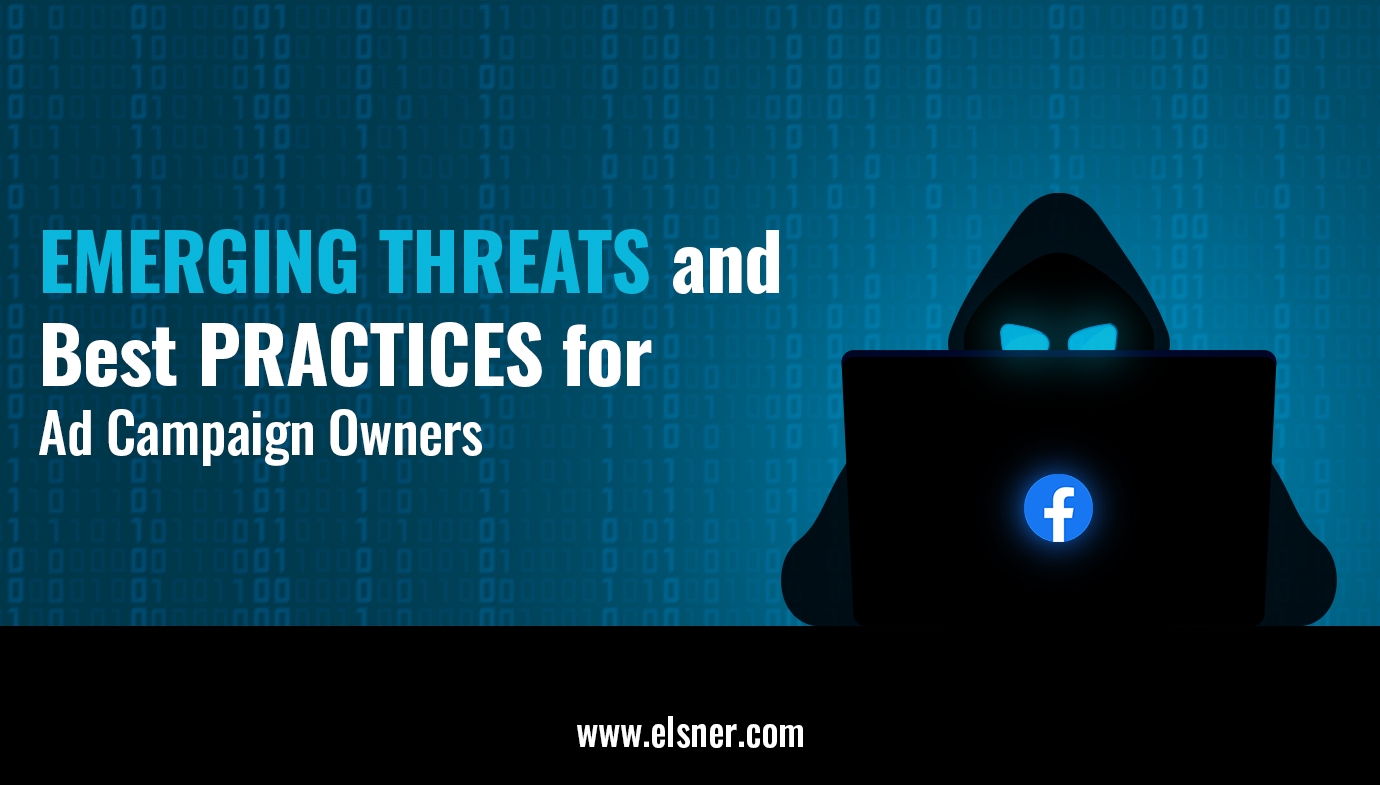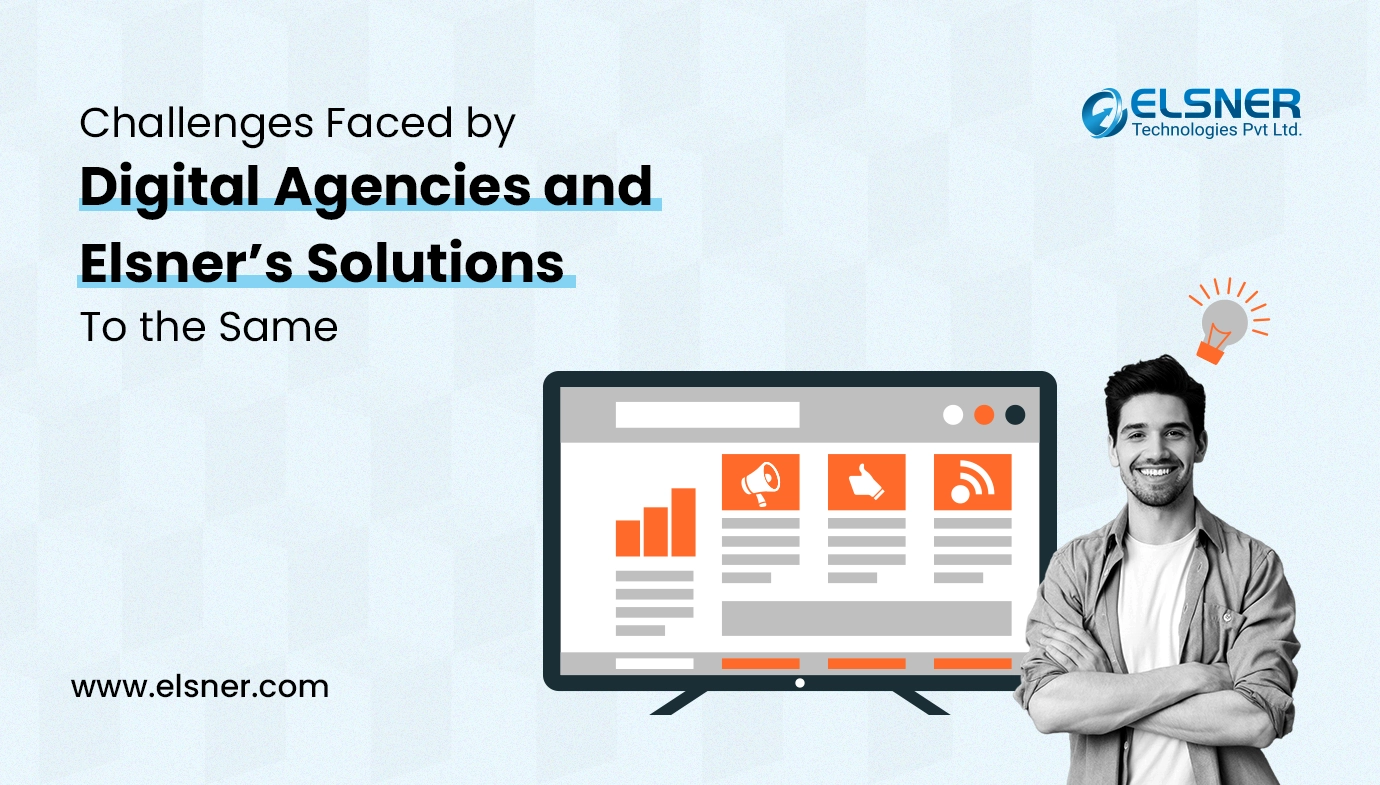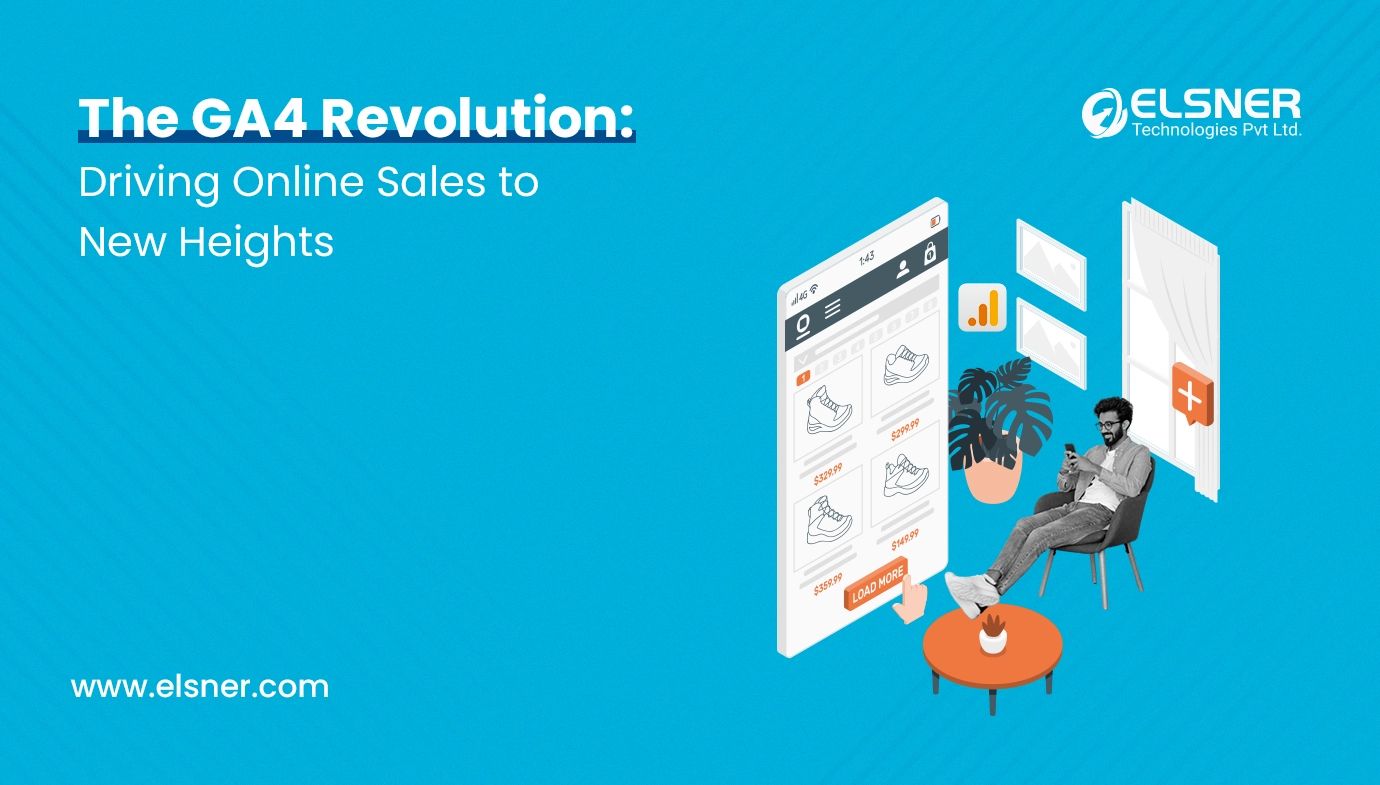- How are Facebook Ads impacting ECommerce Business?
- Why run Facebook Ad Campaigns as a Business Owner?
- What are the Best Practices for Ad Campaign Owners on Facebook?
- Account Hacking
- Scams
- Data Privacy Concerns
- Phishing Attacks
- Ad Fraud
- Competitor Sabotage
- Third-Party Scams
- Ad Account Suspension or Termination
Did you know that every 11 seconds, a small business faces attacks or spam? Have you been a victim or witnessed such threats? Most online businesses use Facebook Ads to generate revenue and grab the target audience’s attention.
How to tackle them? What security measures can you take to stay safe from such scams?
Well, we have your back. We will share some insights to improve your journey and run your business safely on Facebook.
How are Facebook Ads impacting ECommerce Business?
If you have the right experience with the platform, running ad campaigns that bring change in the industry would be easier. Multiple types of ads can be run on Facebook as per your business requirements:
- Image Advertisements: They are considered the basic formats where businesses add a single image with a headline and CTA. This generally showcases products, features, and benefits to the target audience.
- Carousel Ads: These allow e-commerce businesses to showcase multiple images or products in a single ad, which users can swipe through horizontally. Each image can have its tagline, ad copy, and CTA to ensure an interactive and engaging ad experience. Carousel ads are particularly useful for showcasing different product variations or telling a story through a sequence of images.
- Collection Ads: It will combine a cover image or video with multiple product images below. When users click on the ad, they are taken to a full-screen immersive experience where they can browse and shop for products. These Facebook Ads are an ideal solution for e-commerce businesses with a wide range of products that want to showcase them visually appealing and interactively.
- Dynamic Product Ads: It automatically shows relevant products from an e-commerce business’s catalog to users who have shown interest or visited their website. These ads are personalized based on the user’s browsing behavior and can show product images, descriptions, and prices. Dynamic product ads are effective for remarketing and reminding users of products they have shown interest in, which can lead to higher conversion rates.
- Video Advertisements: Such ads on Facebook can be used by e-commerce businesses to tell a story, demonstrate product usage, or showcase their brand. Video ads can be effective in capturing users’ attention and conveying a message in a more engaging and immersive way compared to static image ads.
- Instagram Shopping Ads: They are an ad format that allows e-commerce businesses to showcase their products within Instagram posts or stories. Users can tap on the products in the ads to view product details and purchase directly within the Instagram app. Instagram Shopping Ads are ideal for e-commerce businesses with a visually appealing brand and want to leverage Instagram’s highly engaged user base.
- Messenger Advertisements: These will engage users through conversations, provide customer support, and showcase their products or services. Messenger Ads can be particularly useful for businesses that want to create personalized and interactive customer experiences.
Why run Facebook Ad Campaigns as a Business Owner?
- Wide Reach: Being the largest social media platform with billions of active users worldwide. By running ads on Facebook, you can reach a massive audience and target your ads based on various demographics, interests, behaviors, and locations.
- Cost-Effective: A range of ad formats and bidding options allows you to control your ad spend and optimize your budget for maximum results. You can set a budget that aligns with your business goals and pay only when users interact with your ads, such as clicks, likes, or conversions.
- Engaging Ad Formats: Facebook offers a variety of ad formats, including image ads, video ads, carousel ads, slideshow ads, and more. These visually appealing and interactive ad formats allow you to showcase your products creatively and engagingly, capturing the attention of your target audience and driving higher engagement.
- Remarketing Opportunities: It enables you to target users who have previously visited your website or engaged with your brand.
- Detailed Tracking: This provides robust analytics and reporting tools that allow you to track the performance of your ads in real time. You can monitor key metrics, such as impressions, clicks, conversions, and ROI, to gain insights into the effectiveness of your ad campaigns and make data-driven decisions to optimize your results.
- Brand Awareness and Engagement: These ads can help you increase brand awareness and engagement by showcasing your products to a wide audience and encouraging users to interact with your ads through likes, comments, shares, and messages.
- Flexibility and Scalability: It lets the business customize its ad campaigns based on your business goals, budget, and target audience. You can easily modify your ads, ad creative, targeting options, and budget to optimize your results and scale your campaigns as your business grows.
- Mobile Advertising: With many Facebook users accessing the platform through mobile devices, running ads on Facebook allows you to reach users on their mobile devices. This is especially beneficial for e-commerce businesses if they have the right social media marketing services provide an additional opportunity to showcase their products to potential customers on their mobile devices.
What are the Best Practices for Ad Campaign Owners on Facebook?
Let us look at the detailed list of threats that are common on Facebook:
Account Hacking
One of the most common threats to Facebook ad owners is the hacking of their Facebook ad accounts. Hackers gain unauthorized access to your account using various techniques such as phishing, brute force attacks, or malware. Once they have access, they can modify your ad campaigns, steal sensitive information, or even lock you out of your account. This can result in financial loss, damage to your brand reputation, and disruption of your advertising efforts.
Solution:
To protect your account from hacking, enabling two-factor authentication for your Facebook account is essential. This adds a layer of security by requiring a verification code to be entered when logging in from an unrecognized device or location.
Additionally, use strong and unique passwords for your Facebook account and regularly update them. Be cautious of phishing attempts, such as suspicious emails or messages asking for your Facebook login credentials, and avoid clicking on suspicious links or downloading unknown attachments.
Scams
Another security issue for Facebook ad owners is the presence of scam advertisements on the platform. They are misleading advertisements promoting fake
products, services, or investment schemes to trick users into purchasing or revealing personal information. These ads can harm your business reputation and erode trust among your target audience.
Solution:
This is one of the best practices for Ad campaign owners to stop threats from affecting your business, be vigilant when creating and reviewing your ad campaigns. Avoid making false or exaggerated claims, and ensure your ads comply with Facebook’s advertising policies and guidelines.
Regularly monitor your ad campaigns for any negative feedback, comments, or reports of suspicious activity. If you come across any scammy ads, report them to Facebook immediately using the ad reporting tools.
Data Privacy Concerns
This is a significant concern for Facebook ad owners, as the platform collects and processes user data for ad-targeting purposes. Data breaches, unauthorized access, or misuse of data can result in severe consequences, including legal and financial liabilities, reputational damage, and loss of customer trust.
Solution:
To protect the privacy of your ad campaigns and user data, ensure that you comply with all applicable data protection laws and regulations, including the General Data Protection Regulation (GDPR), if you target users in the European Union.
Familiarize yourself with Facebook’s data usage policies and take the necessary steps to use user data correctly and ethically. Avoid collecting or storing unnecessary user data; use encryption and other security measures to protect any data you collect. Regularly review your ad targeting options and ensure you are not using sensitive or private user information without proper consent.
Phishing Attacks
They are techniques used by cybercriminals to trick users into revealing their personal information or login credentials. These attacks can target both ad owners and users who interact with your ads, posing a risk to the security of your Facebook ad account and the privacy of your audience.
Solution:
To protect yourself and your audience from phishing attacks, be cautious of emails, messages, or links asking for your Facebook login credentials or personal information. Avoid clicking on suspicious links or downloading unknown attachments, and verify the legitimacy of any requests before responding.
Educate your audience about the risks of phishing and social engineering attacks, and provide clear instructions on identifying and reporting any suspicious activity related to your ads.
Ad Fraud
It is a significant concern for Facebook ad owners, as it can result in losing a huge amount of money and reduced campaign effectiveness. Ad fraud can occur in various forms, such as fake clicks, likes, and engagements generated by bots or automated scripts.
These fraudulent activities can hinder your ad metrics, compromise the accuracy of your campaign data, and ultimately affect the performance of your ads.
Solution:
To handle this ad fraud, use Facebook’s ad targeting options wisely and avoid using black hat techniques to boost your ad performance. Monitor your ad campaigns regularly for unusual or suspicious activity patterns, such as a sudden click surge or engagement from a specific source or location.
Use ad fraud detection tools and services, and report any suspected fraudulent activities to Facebook for investigation. Implement proper ad tracking and analytics to accurately measure the performance of your ads and identify any anomalies that may indicate ad fraud.
Competitor Sabotage
In the competitive online advertising landscape, competitor sabotage can threaten your Facebook ad campaigns. Competitors may engage in unethical practices, such as clicking on your ads repeatedly to exhaust your budget, leaving fake negative reviews on your Facebook Page, or spreading false information about your business to damage your reputation.
Solution:
To remove the risk of competitor sabotage, closely monitor the performance of your ads and campaigns for any unusual or suspicious activity. Keep track of your ad spending and budget utilization, and investigate any sudden changes in performance metrics.
Regularly review and respond to reviews or comments on your Facebook Page to address any fake negative reviews or false information. If you suspect competitor sabotage, report it to Facebook for investigation, and take appropriate legal actions if necessary.
Third-Party Scams
Another potential threat for Facebook ad owners is third-party scams. These scams may involve fraudulent services or products promoted through your ads, leading to negative customer experiences and damaging your brand reputation.
Scammers may also target you as an ad owner, posing as legitimate partners or vendors and attempting to extract sensitive information or money from you.
Solution:
To protect your business from third-party scams, thoroughly vet any third-party vendors or partners before engaging in business transactions. Be cautious of any unsolicited requests for payment or personal information, and verify the legitimacy of any offers or services before proceeding.
Avoid promoting any products or services that may be considered illegal or unethical, and thoroughly review the content and claims made in your ads to ensure their accuracy and compliance with Facebook’s ad policies. If you suspect any third-party scams, report them to Facebook and take appropriate legal actions if necessary.
Ad Account Suspension or Termination
Facebook may suspend or terminate ad accounts that violate their ad policies or guidelines, disrupting your ad campaigns and losing ad spend. Common reasons for ad account suspension or termination may include repeated ad policy violations, payment issues, or suspected fraudulent activities.
Solution:
To prevent ad account suspension or termination, closely adhere to Facebook’s ad policies and guidelines, and review them regularly for any updates. Use accurate and truthful ad content, avoid misleading or deceptive practices, and use legitimate payment methods to ensure smooth payment processing.
Monitor your ad campaigns regularly for any notifications or warnings from Facebook, and take prompt action to address any violations or issues raised. If your ad account is suspended or terminated, follow Facebook’s appeal process and provide the necessary documentation or evidence to resolve the issue.
End Note
Now that you have all the important things you need to focus on while running a Facebook Ad campaign, it is essential to have expert support. With multiple responsibilities, focusing on the strategy that will bring the right returns for your business is crucial.




